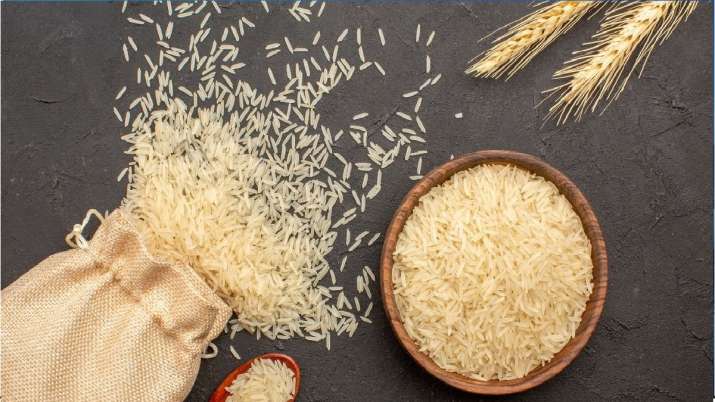In WTO, India gave the real reason for the ban on export of rice-wheat, many countries raised the question

Highlights
- India had banned the export of wheat in May to increase domestic availability.
- 20 percent excise duty was imposed on the export of non-basmati rice
- Cereal exports have increased in recent months, putting pressure on the domestic market
WTO: India has defended its decision to impose restrictions on the export of wheat and rice at the World Trade Organization (WTO) meeting. However, some member countries of the organization have expressed concern about India’s stand. An official gave this information. The WTO meeting was held in Geneva last week in which the US, the European Union have questioned the decision, saying that it could have an adverse effect on global markets.
To increase domestic availability banned
India had banned wheat exports in May to increase domestic availability. It had also banned the export of rice husks and imposed an excise duty of 20 per cent on the export of non-basmati rice, except that of Na. In fact, the sowing of paddy crop has decreased in the current Kharif season, so this step has to be taken to increase the domestic supply. Defending its decision, India has clarified that the ban on export of rice flakes was imposed because exports of the grain have increased in recent months, putting pressure on the domestic market. Whereas in the case of wheat, there has been a need to ban exports due to food security concerns. “India has said that these restrictions are temporary and are being monitored continuously,” an official said.
request to reopen exports
Senegal, a major importer of rice crumbs and other rice products from India, has requested that trade be kept open to ensure food availability during these difficult times. In the meeting, Thailand, Australia, Uruguay, USA, Canada, Brazil, New Zealand, Paraguay and Japan have requested to talk with India regarding the use of ‘peace clause’ on the food program. India used the peace clause for the third time in April to support paddy farmers over and above the 10 per cent limit.
Latest Business News
function loadFacebookScript(){
!function (f, b, e, v, n, t, s) {
if (f.fbq)
return;
n = f.fbq = function () {
n.callMethod ? n.callMethod.apply(n, arguments) : n.queue.push(arguments);
};
if (!f._fbq)
f._fbq = n;
n.push = n;
n.loaded = !0;
n.version = ‘2.0’;
n.queue = [];
t = b.createElement(e);
t.async = !0;
t.src = v;
s = b.getElementsByTagName(e)[0];
s.parentNode.insertBefore(t, s);
}(window, document, ‘script’, ‘//connect.facebook.net/en_US/fbevents.js’);
fbq(‘init’, ‘1684841475119151’);
fbq(‘track’, “PageView”);
}
window.addEventListener(‘load’, (event) => {
setTimeout(function(){
loadFacebookScript();
}, 7000);
});
,





